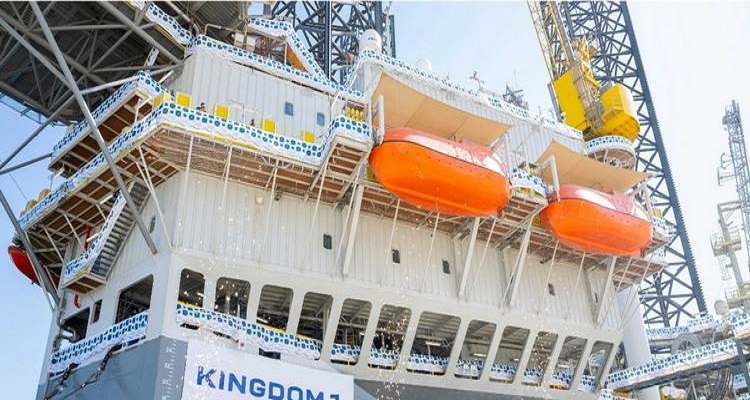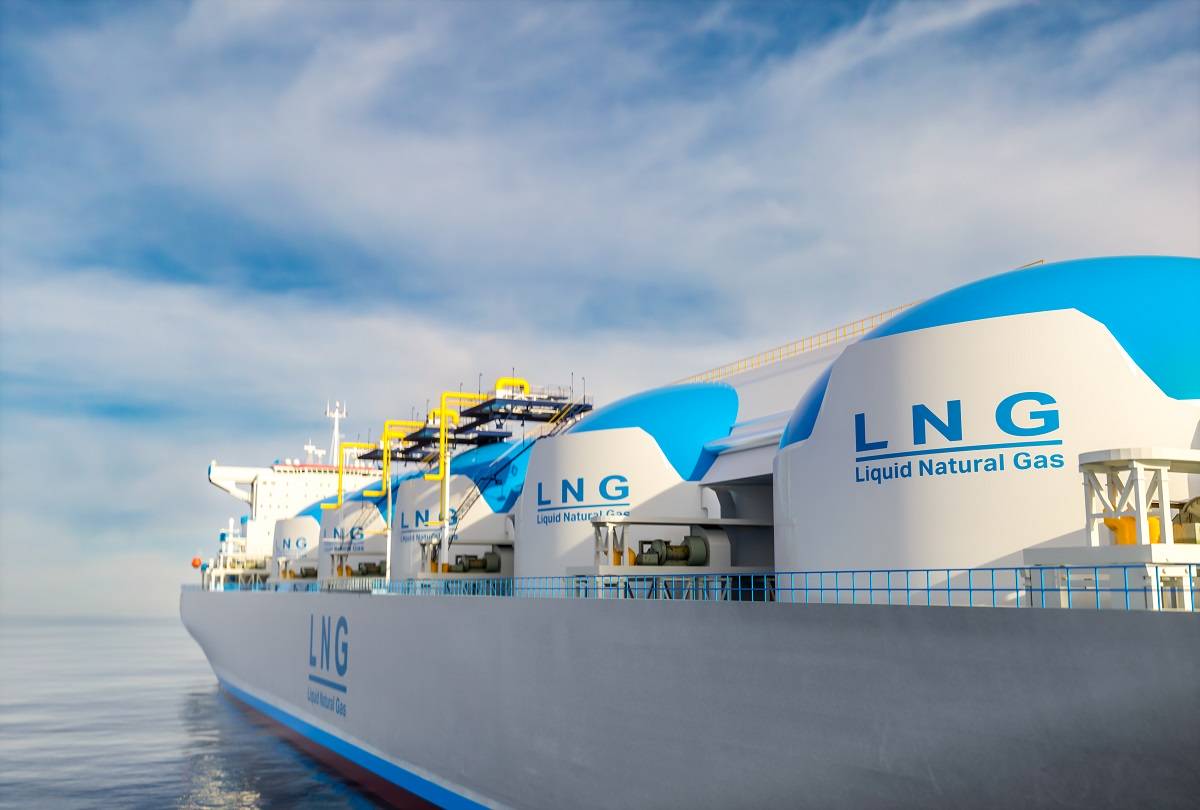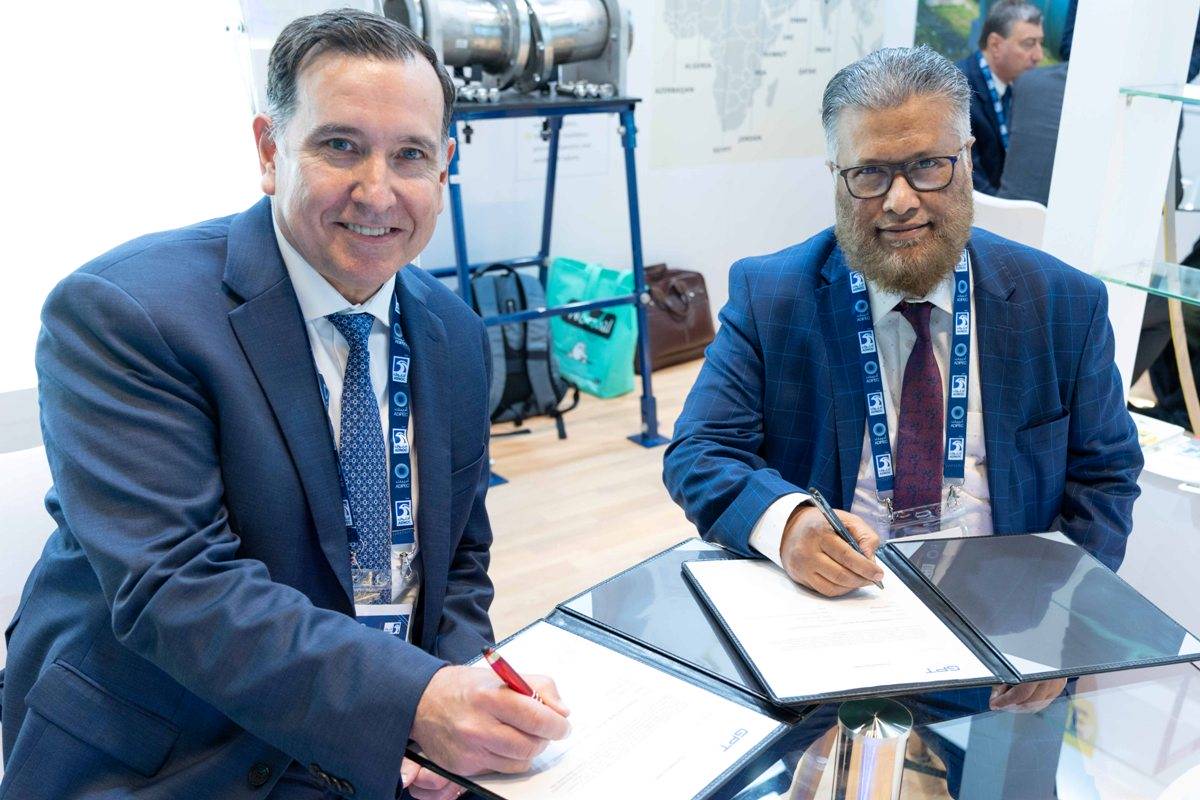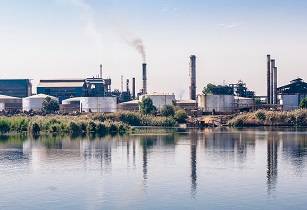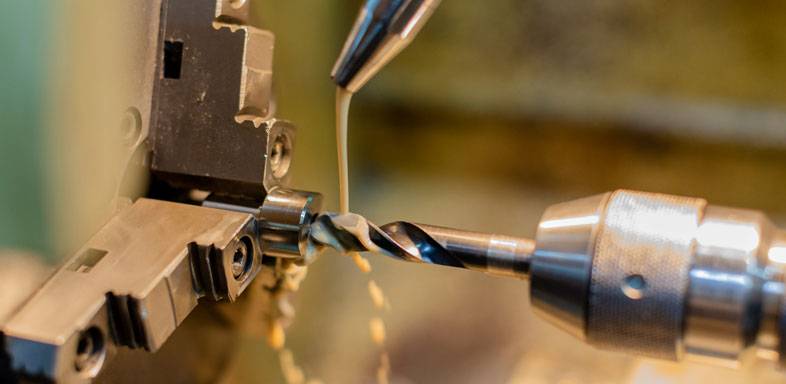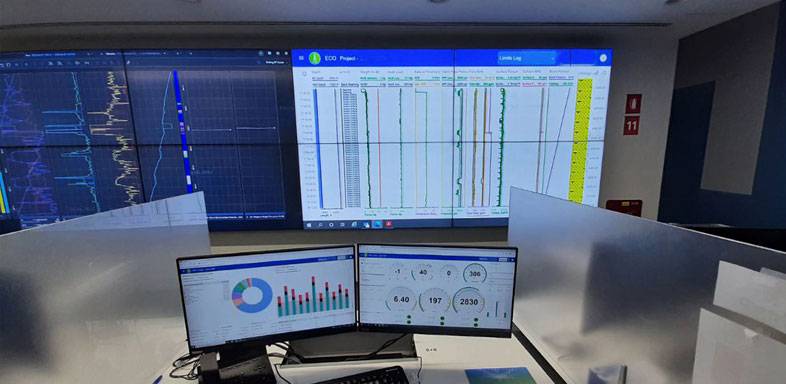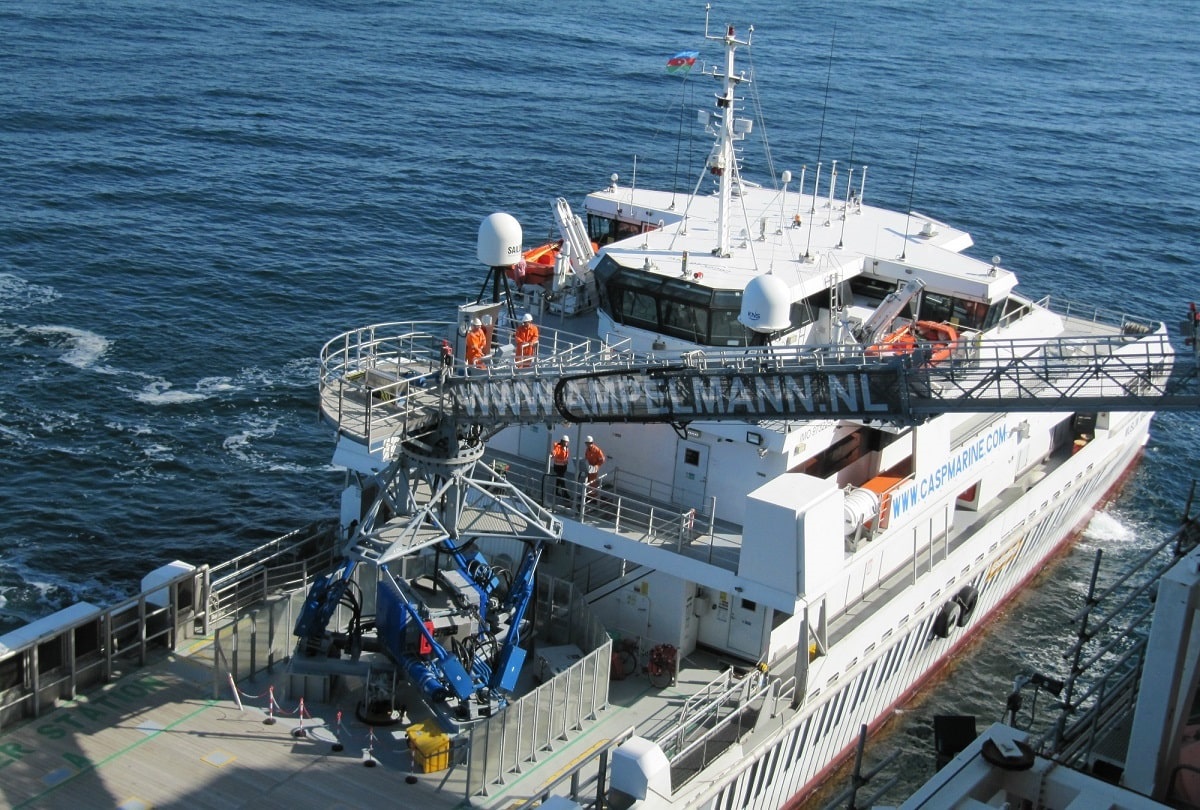GE’s Power Services business has launched world’s first 6B repowering gas turbine solution at the 40th anniversary of its 6B gas turbine fleet
According to GE, the new solution is set to help power producers achieve up to US$3mn per year in fuel savings per unit.
GE has also signed its first agreement for the solution with a global chemical company to repower three 6B gas turbines and save significant amounts of fuel each year at its site in Asia.
Scott Strazik, president and CEO of GE’s Power Services business, commented, “This fleet is known for its dependability—a reputation earned with global fleet reliability of 98.4 per cent, which is about two per cent higher than the industry average and translates to approximately 17 more days of availability per year.”
“At the same time, the 6B fleet has aged, and there’s growing demand to improve performance. Today’s announcement and our recent expansion of our Advanced Gas Path technology to the 6B fleet highlight our continuing investment in our mature fleets to help power producers and industrial operators remain competitive in today’s very dynamic marketplace,” Strazik added.
Part of GE’s Fleet360* platform of total plant services solution, the new 6B Repowering Solution incorporates advanced F and H class technology to elevate the machine’s performance to leading levels for its class. The repowering consists of a full “flange-to-flange” upgrade of all major components, including the combustion system, hot gas path and compressor, and it transforms the 6B unit into a GE 6F.01 gas turbine, which is also available as a new unit.
The new 6B repowering gas turbine fleet focuses on:
· Increasing turbine output up to 35 per cent simple-cycle/25 per cent combined-cycle
· Improving efficiency up to five per cent points in simple and combined-cycle operations
· Achieving up to US$3mn in fuel savings per unit annually
· Achieving NOx emissions as low as 15 ppm.
· Extending the hot gas path inspection interval to 32,000 hours (from 24,000 hours) and major inspection interval to 64,000 hours (from 48,000 hours)










